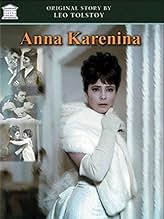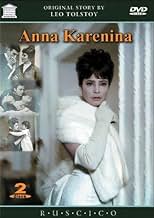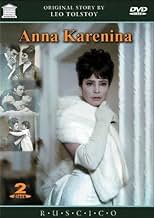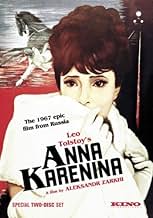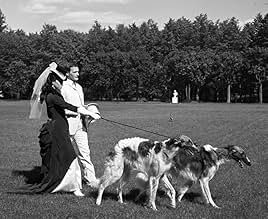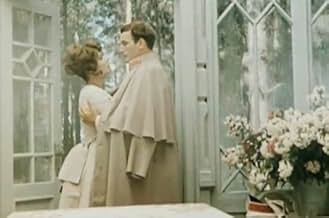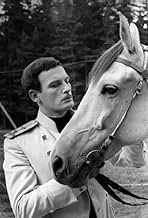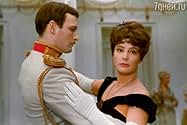Anna Karénine est la jeune épouse d'un mari plus âgé. Elle a une aventure avec le beau Comte Vronsky, L'assouvissement de ses désirs va compliquer la vie d'Anna.Anna Karénine est la jeune épouse d'un mari plus âgé. Elle a une aventure avec le beau Comte Vronsky, L'assouvissement de ses désirs va compliquer la vie d'Anna.Anna Karénine est la jeune épouse d'un mari plus âgé. Elle a une aventure avec le beau Comte Vronsky, L'assouvissement de ses désirs va compliquer la vie d'Anna.

